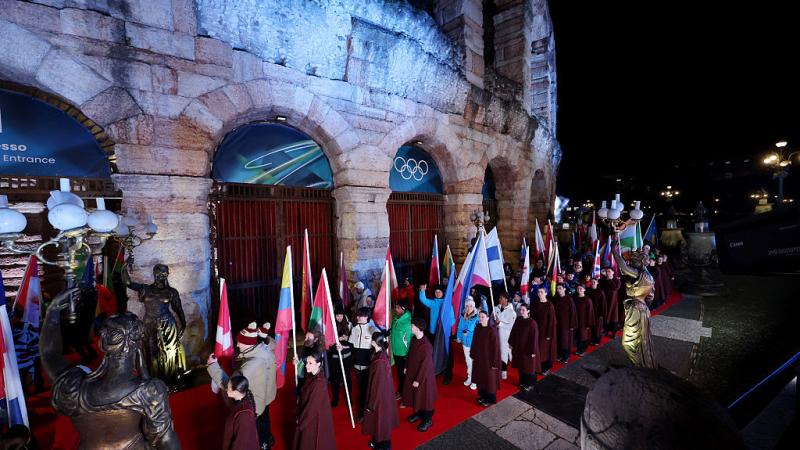Supreme Court to decide on far-reaching doctrine that gives administrative agencies wide power
In hearing oral arguments Wednesday, Justices went far beyond the hour-long time slot allotted for case, which has far-reaching impact.
The Supreme Court this week began hearing arguments in a case that could have a deep impact on the federal government’s power to set regulations across a wide array of areas. The decision could be among the most consequential the court will make in a generation.
At the heart of the case is the legal doctrine called "Chevron deference", a precedent that emerged from a 40-year-old case involving Chevron, the oil giant, and environmental lobby group The National Resources Defense Council. The original debate was over the meaning of the word “source” in the 1963 Clean Air Act. But it came to mean that when interpretations are split over ambiguous regulations or policies judges should defer to the positions taken by federal agencies because of their supposed expertise.
In the wake of the doctrine, Congress began to write open-ended laws with room for interpretation, purposely leaving the final decision to federal agencies. That significantly increased the influence of agencies, and in recent years that has sparked charges of government overreach, setting the stage for the latest developments.
The case that could cast the doctrine aside is Loper Bright Enterprises v. Raimondo, which made it onto the Supreme Court docket eight months ago. It asks whether a private company – in this case Loper Bright, a New Jersey fishing company – should have to pay the expenses of federal regulators monitoring their activities. The defendant in the case is Gina Raimondo, the current secretary of commerce.
If the court sides with Loper Bright, it will effectively reinterpret Chevron deference and significantly reduce the policy-setting powers of federal agencies.
Questioning began Wednesday, going on far beyond the hour-long time slot allotted for it.
What is known so far is that four conservative justices – Samuel Alito, Neal Gorsuch, Brett Kavanaugh, and Clarence Thomas have criticized the doctrine for giving too much power to federal bureaucrats. Gorsuch in particular is seen as having a “grudge” against federal agencies.
Meanwhile, three liberal justices – Ketanji Brown Jackson, Elena Kagan, and Sonia Sotomayor – favored sticking with the precedent that empowers agencies in the areas they oversee.
One side will need five votes to carry the day, and the consensus is that Chevron deference will at least be curtailed when it’s all said and done. If that happens, the impacts are likely to be significant and far-reaching. A reversal of the doctrine would extend to every administrative agency in the federal government, from the Department of Energy deciding on its own to determine what "sustainable" energy means, to the FDA arbitrarily designating what is and isn't "organic."
The final decision will likely come down to Chief Justice John Roberts, appointed by President George W. Bush in 2005, and Associate Justice Amy Coney Barrett, a conservative appointed by President Donald Trump three years ago. That puts Roberts and Barrett in a position to permanently change the course of U.S. administrative law.
But the real force behind what eventually happens could be someone without a vote on the court: libertarian and petrochemicals billionaire Charles Koch, one of the richest people in the world. Koch is reportedly bankrolling the legal team arguing for Loper Bright through Americans for Prosperity, a Koch-funded advocacy group that seeks to reduce federal regulations.
The Facts Inside Our Reporter's Notebook
Links
- most consequential
- Chevron Deference
- 1963 Clean Air Act
- open-ended laws
- government overreach
- Loper Bright, a New Jersey fishing company
- Gina Raimondo
- too much power to federal bureaucrats
- a âgrudgeâ against federal agencies
- empowers agencies
- Chevron Deference will at least be curtailed
- significant and far-reaching
- permanently change the course of U.S. administrative law
- one of the richest people
- bankrolling the legal team
- Americans for Prosperity
















